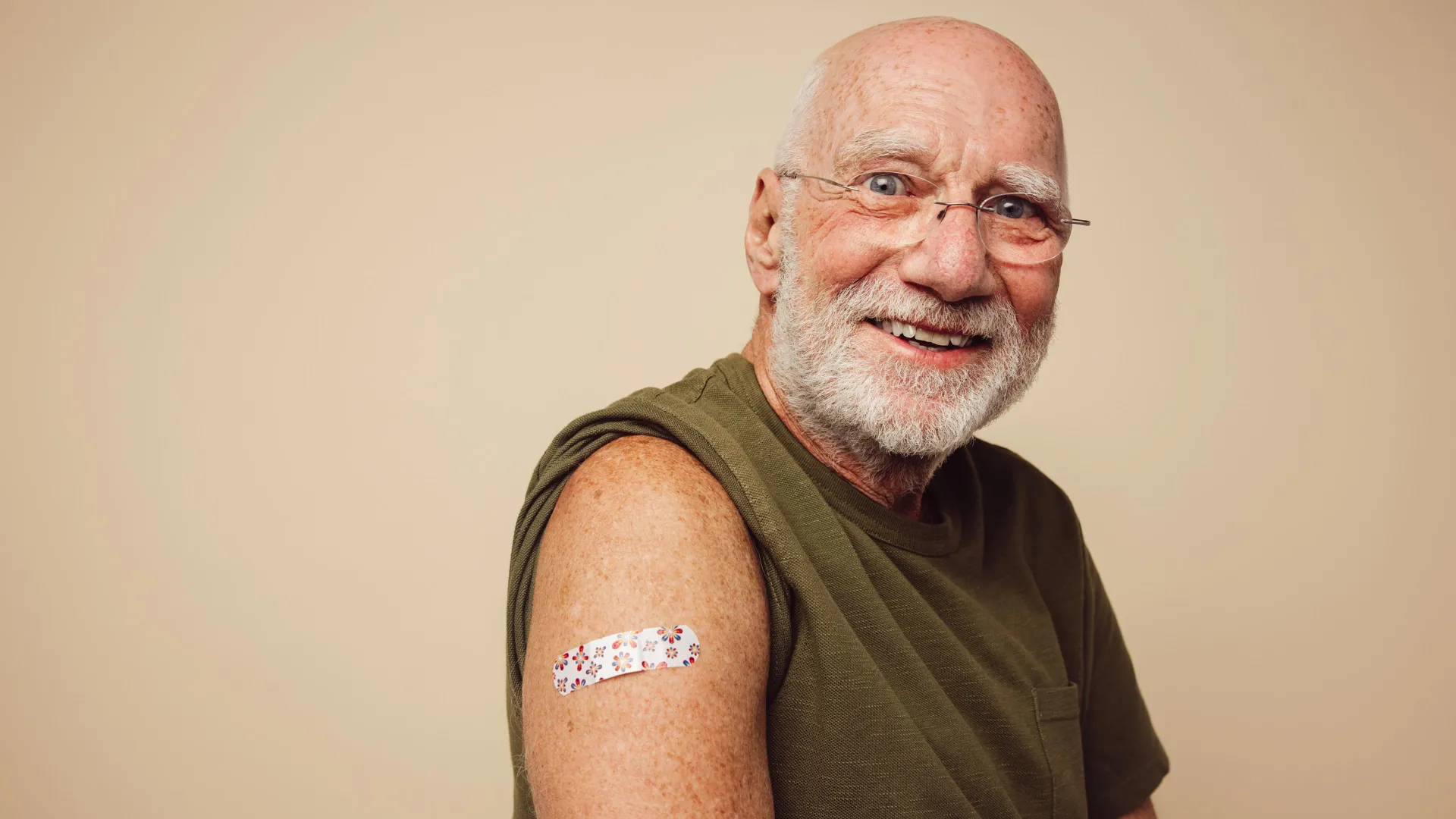As the editor of a prestigious academic medical journal, Jefferson Health physician Christine Laine expects feedback — and sometimes intense debate — on the studies that she selects to publish in the Annals of Internal Medicine.
But she was not prepared for the nation’s top public health official, Health and Human Services Secretary Robert F. Kennedy Jr., to call for the retraction of a study on vaccines appearing in the July issue of the journal, whose primary audience is internal medicine physicians.
The study found vaccines containing aluminum were safe by following 1.2 million Danish children over more than 20 years. It showed that aluminum in vaccines given before the age of 2 did not increase children’s risk for wide-ranging chronic conditions, including autism, autoimmune disorders, and asthma.
Kennedy, a longtime anti-vaccine activist, demanded the study be retracted, calling it “deeply flawed” and a “propaganda stunt.” He also questioned why the study’s methodology did not include unvaccinated children as a control group. His criticisms were posted on the website TrialSite News, which covers medical research, including studies used to question vaccines.
An HHS spokesperson did not respond to a request for comment.
The study authors noted that almost all children in Denmark are vaccinated, making it difficult to find a large enough control group.
Laine says she won’t retract the study and feels no need to respond to Kennedy, who did not directly contact the journal.
She spoke to The Inquirer this week about the study and Kennedy’s comments on it in an interview lightly edited for brevity and clarity.
How did Annals come to publish this study?
It was submitted to Annals for peer review. We thought that it was a high-quality study that was of interest to our readers, so we published it. It’s our usual process for considering papers.
This study was very large — 1.2 million children in a very comprehensive database. The Danish health registries is very comprehensive: They track when children receive vaccines, which vaccines, the aluminum content in them, and then follow the children within the healthcare system. [The study authors] were specifically looking at the aluminum dose.
You can’t answer this question with a randomized control trial. It wouldn’t be ethical to randomize children with a vaccine or no vaccine. Even if an ethical board approved such a study, it would be very difficult to have parents enroll patients in such a study.
» READ MORE: Health RFK Jr. criticized CHOP vaccine expert Paul Offit in a Fox News interview. Here’s how he responded.
How did you hear about Kennedy’s thoughts on the study?
We were never contacted by the HHS secretary. He has not communicated with us, nor has anyone from his office. We learned of his blog post when we were contacted by someone who had a Substack, who wanted an interview about whether or not we were going to retract the study based on his demand.
We have a process for readers to post comments to articles we publish. They can post any comment as long as it’s collegial in nature and not defamatory. There were quite a number of comments posted on our website — the means we provide for discussion of the material we publish. Some of those comments also demanded retraction and echoed the content of Mr. Kennedy’s blog post.
We got a large number of form letters that someone had drafted and told people to send to us. It was obvious they were form letters — they were all identical, and a lot of people didn’t sign them. They were signed, “Insert your signature here.”
I didn’t feel any responsibility to respond to Mr. Kennedy. He did not contact us. We do have a responsibility to respond to readers who post comments on our website, and the editors responded to those, as did the authors of the study.
What did you think of Kennedy’s comments on the study?
I wish I could say that I was surprised that the HHS Secretary would use the language he did, and be as uninformed as he was. The way he responded aligned with the way he comments on health-related science and information.
He made accusations that the study was purposely designed to misinform, which it was not. As a matter of fact, the methodology was quite similar to a study on a much smaller population that showed a potential link between aluminum doses and asthma. He liked that study because it aligned with his beliefs. [Kennedy cited this study in his blog post.]
He didn’t like the study Annals published mostly because it didn’t align with his beliefs.
What do you see this retraction request saying about the Trump administration’s approach to scientific research?
There does seem to be this thing going on where, if the data doesn’t align with particular people’s prior beliefs, they say the data are rigged or wrong, whether in healthcare or job statistics or election results. It’s troubling.
Some people have praised Annals for sticking to our guns. As far as I’m concerned, we’re just doing our job. Our job is to provide our readers with information that we think will help their clinical decision making and their professional decision making.
I would be lying if I said I didn’t have a moment where I thought, ‘We’re never going to publish another vaccine study. I don’t want to go through this again.’
But that is exactly the wrong reaction to this. We’re not changing what we do because of threats.
Source link
